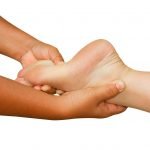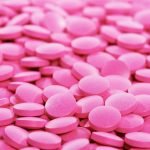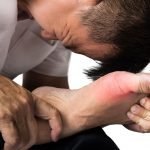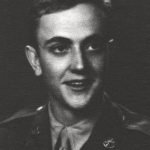On the Path Toward Health and Healing: Interview with Barry Taylor, ND
Barry Taylor, ND
I remember hiking around a 20-mile lake at 12 000 feet, not far from Otavalo, Ecuador, in 2003. I was living and studying with Don Esteban and his son, Don Jorge, who are both noted shamans and have people from all over the world visit them for healing. I was way ahead of the other people participating in the sacred hike, and I was speaking with Don Jorge when he signaled me to stop. We had come upon an enormous plant that he proceeded to tell me had special properties to heal cancer. As he told me about the history of the plant’s effectiveness for the physical body, he was lighting a cigarette with the cigarette he was just finishing. He and his father used tobacco in most of their healing rituals, and smoked very often throughout the day when they were not doing healing rituals. I took a few deep breaths as I was listening intently to Don Jorge’s passion and experiences using the plant, pondering whether I should share my thoughts with him. Another deep breath, and I phrased my bewilderment as best I could. I asked him to explain the “seeming” incongruity between his “chain smoking” and his respect for the properties of the huge leaves for which he was showing so much respect. Why did he smoke? Didn’t he know the relationship between cigarettes and cancer? And, to make it worse, he was smoking Marlboro, a brand that I had seen reported as even more dangerous because of all the chemicals in the paper and tobacco. I appreciated how straightforward and loving Don Jorge was as he explained that his belief about tobacco was radically different in his tradition of generations of shamans. He spoke about many levels of reality about cancer, not just chemical and tobacco toxicity. From my listening, he was neither cavalier nor self-righteous. He had no “yeah, but this will not affect me” responses. He was grounded in the concept that different substances affect different people differently.
Valuable Lessons
In no way did I leave Ecuador with new thinking that smoking was okay and not related to dangerous variables for the health of most people that seek my services. However, as a naturopathic physician who has spent 4 decades exploring energy patterns on many levels, as well as seeking experiences that are beyond my rational, linear, and discursive left brain, I did integrate my time with Don Jorge as another valuable lesson for how I am with people who seek my counsel for health and healing. The invisible world beyond our 5 senses is as, or more, powerful than what we perceive with our physical senses. I pay a lot of attention to listening to my clients in ways that are beyond what I learned as a naturopathic physician, and those listening skills are, to me, at the core of how I am a partner with people in the health and healing process.
I live in daily gratitude for those teachers who taught me so much: I tutored with Louis Billotte, MD, ND, every week for 4 years before going to NCNM; Jeff Bland’s brand of teaching me nutrition every Wednesday for 2 years was a dream come true; the homeopathy lessons Dr Ravi Sahinder; the herbal wisdom from Dr Bill Mitchell and Dr Christopher, and so many other brilliant deeply devoted naturopathic physicians and allied health providers that trusted me with their specialized talents – all are integral, important pieces to what tools I might use in a partnership to learn the lessons of what this person’s body is really asking for.
The Power of Listening
I have integrated my individual services with many workshops over the years to design a group interaction cleansing program called “Love Your Body,” a program in which over 10 000 people have participated. At the core of my naturopathic philosophy is the belief that we are spiritual beings having a physical experience. I listen attentively to every client as newly as I can, always being curious: Is this just physical? Sometimes the answer is yes. Dust allergies, gluten intolerances, Candida, heavy metals, staggering nutritional insufficiencies, overloaded organs of elimination…yes, most people know more how to work their electronic devices than to listen effectively to their bodies and know how they work. Sometimes symptoms are entirely physical. So, although I love teaching in a model of strengthening and/or detoxifying the body, I am sensitive to the body as poetry. Often the physical body is manifesting signals that are either symbolic or intimately related to energies that are not physical. I am sensitive to just correcting lab work, or only giving someone a supplement or food program which gets rid of the symptoms and does not address deeper, underlying physical issues. I invite clients to read, listen to teachers, listen to how they listen, learn how to quiet themselves and become more still in order to gain access to other realms within them that might help them discover other levels that want nurturing and nourishment. I also invite them to use decreasing symptoms as an opportunity for growing in some way.
While I love to continue to learn about new therapies from my mentors and teachers about how to better take care of the physical body, I notice the common thread that has stayed with me since I started studying with Dr Billotte in 1970. Our capacity to heal is far greater than my mind can fully understand. I trust the body’s ability to heal. I know there is no disease that is not healable. I know there are people whose lessons are such that their healing is totally mental, emotional, or spiritual in how they relate to whatever the physical body is presenting. Changing context is a powerful tool with which to guide a client and for staying in the process so that his or her conditioned mind does not so easily revert back to the usual thinking. I know that miracles are always possible and that as soon as I demand to understand a miracle, I have just reordered that experience to no longer be a miracle. By definition, miracles are not understandable. At the core of my naturopathic philosophy is trust and compassion in the process of vis medicatrix naturae. I am respectful of what is important for me to know. However, greater health and healing can be related to how I need to either get myself or my client out of the way (whether physical, mental, or emotional blocks). Almost always I relate to a client in a mutual learning situation, as opposed to “I know something I can give to you so you can heal.”
The energy flow of love for optimal health and healing is always happening. I have learned we can do a staggering job of blocking the flow even when we think we are not.
More and more with every herb, vitamin, homeopathic, or food plan, I ask clients to notice how they are working too hard, not having as much fun as they wish, and are disconnected from the earth and its pulse and beat. While I am deeply grateful for my naturopathic education, the core of what I teach people is how to listen with deep empathy on many levels while in a context of having more fun and connecting to their life purpose and destiny.
Interview with Barry Taylor, ND
How long have you been practicing naturopathic medicine and what changes have you seen?
Dr Taylor: I have been practicing naturopathic medicine 35 years, since 1978.
Naturopathic medicine has had a long lineage of elders passing along the medicine to future generations. Whom do you count among those who influenced you?
Dr Taylor: Louis Billotte, MD (1930), ND (1932), mentored me from 1970-74. I saw him every Monday morning at 9 AM for 4 years before attending NCNM in Kansas, then Portland, OR. He was a close friend of John Bastyr, ND.
What has the most effective therapeutic modality been for you throughout your career and why?
Dr Taylor: The most effective physical therapeutic modality that constantly proves worthwhile is to rest the body and give the body a chance to detox and become healthy by improving elimination through getting the organs of elimination to work better. The most effective non-physical therapeutic modality is any support that allows a person access beyond their mental and emotional identity to give them an experience of healing in a way that shifts their context to go beyond symptomatic relief.
When you view the profession as it now stands, what are your concerns regarding naturopathic medicine, if any?
Dr Taylor: I don’t have any concerns about naturopathic medicine. I have concerns about any doctor who thinks that their way of guiding people is the only way or better than anyone else’s.
What were the challenges you faced when you first entered practice?
Dr Taylor: My biggest challenge in 1978 was getting enough support to serve my patients, within a very short period of time. I had a waiting list of close to 100 people.
Naturopathic Medicine Today
What challenges do you see for newer physicians entering the profession today?
Dr Taylor: I think the biggest challenge for new practitioners is to trust your path, trust your specific calling, and listen to how what is really true for each person is different, and how to connect to people. With growing numbers of DCs, MDs, health coaches, etc, newer NDs need to trust more than ever what their talents are in a partnership with their patients, and to not try to compete with anyone else, just to pursue the latest idea or how to tap a certain market.
There is a trend toward evidence-based medicine and managed care in order to lower medical costs. What is your view of this and how do you see naturopathic medicine in light of these trends?
Dr Taylor: In the allopathic model, I think the trend toward evidence-based medicine is very appropriate – numbers, research, predictable outcomes, etc. I think there is a place for those NDs who want to gain more credibility within the allopathic system. However, ultimately, I think people trust what their neighbor says. The evidence that Chinese medicine or acupuncture has lasted for centuries was based on the experience of people sharing positive results with others, not scientific research. In the context of debate, theory, and getting a foothold in academic science, I think evidence-based medicine is important. Ultimately, in terms of attracting patients who are seeking alternatives to that model using drugs, I think it is less relevant. What is more relevant is being an empathetic listener about the frustrations, aches and pains, and sense of separation that all people suffer.
How do you define “nature cure,” and how is it incorporated into your practice?
Dr Taylor: I define “nature cure” as the capacity of the body (code word; ie, physical, mental, emotional, and spiritual) to reconnect to a place of balance and equilibrium with the support of food, thoughts, air, and water, in a context of spiritual engagement.
There is a trend toward integrative medicine, allopaths and naturopaths working together in the same clinic. What, in your opinion, would be needed to make this model work?
Dr Taylor: In 1980, I opened the New England Family Health Center in Boston, Mass. As the clinic director, I hired different internists – OB-Gyns, RNs, and other health professionals. The clinic attracted clients from over 40 states and Europe. For 16 years, over 125 different medical practitioners worked from 1 to 8 years before leaving to go out on their own. People are served more when they better understand the nature of health and healing from healthcare providers who collaborate and partner to bring out the best talents in each other.
What has been the most rewarding part of your practice?
Dr Taylor: I tend to attract complicated, chronic, and challenging physical and emotional cases. What is always most rewarding is when a person has a breakthrough beyond symptomatic relief and they embrace the deeper lesson, however big or small it may be, so they see the value and opportunity of what their body (code word) has been teaching them. When a person feels empowered beyond symptomatic relief and listens on different levels energetically simultaneously, I feel the joy and the privilege it is to facilitate that health and healing process with another person.
Advice for Fellow Naturopaths
What do you think that the naturopathic profession should strive for in the future?
Dr Taylor: I think the naturopathic profession should strive now and in the future to guide students in a truly integrated approach to health and healing that honors the role of energetic emotional and mental patterns as much as natural therapeutics.
What advice do you have for the new generation of naturopathic physicians?
Dr Taylor: Walk your talk about food, exercise, and living a life that really nurtures and nourishes different parts of your being. Practice being still. Stay curious to always learn more about health and healing. Learn to trust and listen to your own body. Practice your art with your heart, not just your head. Cultivate compassion and non-judgment. Be mindful that there is room for lots of different positions regarding life, health and healing, and your way may be what resonates for you and not others. Be respectful toward other health practitioners even if they judge you for not being their equals. It is okay to doubt yourself.
Healing others is often about healing yourself first. Supporting others to be as healthy as possible is often best transmitted by you being the healthiest “you” that you can practice and model. By bumping up against your own resistance to sustaining healthy practices, you will deepen your own capacity to be patient and loving with those who come to you. By observing how you deal with your own breakdowns and breakthroughs, you will you be able to talk authentically from your experience of what you learned by failing and then persisting, with the heart of your deep commitment to learn and heal yourself.
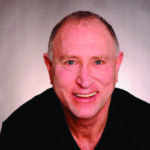 Barry Taylor, ND has practiced naturopathic medicine in the New England area for nearly 4 decades since graduating from NCNM in 1978. He has lectured internationally on topics of holistic health and wellness, and has taught courses distinguishing health and healing throughout the United States. As the director of New England Family Health Center since 1981, he supports holistic health centers and spas to both create programs and market their services. Since 1981, more than 10 000 people have participated in his “Love Your Body” workshop, which he designed as a comprehensive detoxification method that considers the multifaceted nature of our lives. He is the proud father of Luke, an accomplished actor and musician in SF, and Jacob, who has an MPH and is a first-year medical student at Albert Einstein Medical School. He published Love Your Body: Your Path to Transformation, Health & Healing in July, 2013. He practices in Weston, MA.
Barry Taylor, ND has practiced naturopathic medicine in the New England area for nearly 4 decades since graduating from NCNM in 1978. He has lectured internationally on topics of holistic health and wellness, and has taught courses distinguishing health and healing throughout the United States. As the director of New England Family Health Center since 1981, he supports holistic health centers and spas to both create programs and market their services. Since 1981, more than 10 000 people have participated in his “Love Your Body” workshop, which he designed as a comprehensive detoxification method that considers the multifaceted nature of our lives. He is the proud father of Luke, an accomplished actor and musician in SF, and Jacob, who has an MPH and is a first-year medical student at Albert Einstein Medical School. He published Love Your Body: Your Path to Transformation, Health & Healing in July, 2013. He practices in Weston, MA.


